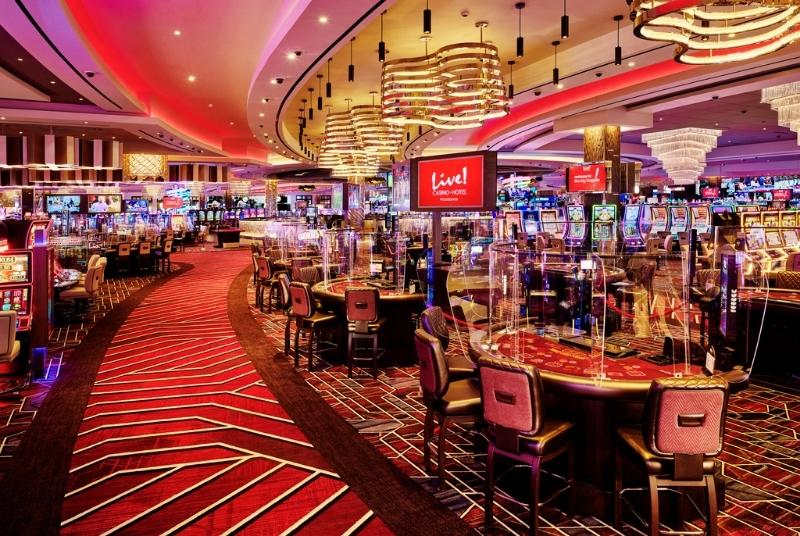Deputy Finance Minister Julapun Amornvivat stated that the government will decide the locations for casino-entertainment complexes to ensure fairness in the bidding process if the bill legalizing gambling in the country is passed.
“If the government selects the locations, it will enable investors to compete fairly in the bidding process. This approach will prevent bid specifications or conditions from being manipulated to favor any particular bidder,” Mr. Julapun explained.
He also noted that some investors may own land and may attempt to push for a casino-entertainment complex to be built on their property.
He explained that a government committee would determine how many casino complexes will be built in the country. Once the number is decided, the committee will present the proposal to the cabinet for approval, as stipulated in the current version of the bill.
“This project will be a game changer, as it is expected to boost tourism and increase tourist spending,” Mr. Julapun added.
He stated that a government committee would determine the number of casino complexes to be built in the country. Once the number is decided, the committee will present the proposal to the cabinet for approval, as required by the current version of the bill.
“This project will be a game changer, as it is expected to boost tourism and increase tourist spending,” Mr. Julapun said.
“An investment of at least 100 billion baht will be required for such a complex, and the project will stimulate the economy. Construction is expected to take three to four years and boost GDP by 0.2% annually. Once operational, it is also expected to increase GDP by 0.7%,” he said.
A study by the Fiscal Policy Office indicated that establishing entertainment complexes in Thailand could attract an additional 5–20% more foreign tourists, with the average spending per visitor rising from 40,000 baht to 60,000 baht.
The government is pressing ahead with the bill to establish entertainment complexes and legalize casinos within them. A public hearing on the bill was completed in August, and the bill, along with the necessary feedback, is expected to be submitted to the cabinet by the end of the year, according to the Ministry of Finance.
The bill consists of 65 sections, which stipulate that an entertainment complex must acquire a licence to operate, valid for up to 30 years. Operators must also pay a 5 billion baht registration fee, plus an annual payment of 1 billion baht. Each complex will be evaluated every five years, and after 30 years, the licence can be renewed for another 10 years.
Individuals under the age of 20 will be prohibited from entering these venues. The complexes will be open to all foreigners, but Thai nationals will be required to pay an entrance fee of 5,000 baht.
Under the bill, a policy board will be established, chaired by the prime minister, which will be responsible for setting the rules and regulations governing the gaming complexes.
Five potential locations have been identified: two in Bangkok, and one each in the Eastern Economic Corridor, Chiang Mai, and Phuket.
Mr. Julapun previously mentioned that the ministry would engage in discussions with coalition partners to secure their support for the casino-entertainment complex project.
The project is part of the Pheu Thai-led government’s policy agenda, as outlined by Premier Paetongtarn Shinawatra in parliament on September 12.
Bhumjaithai leader Anutin Charnvirakul had earlier stated that the casino scheme should be discussed with coalition partners before being submitted to the cabinet.



